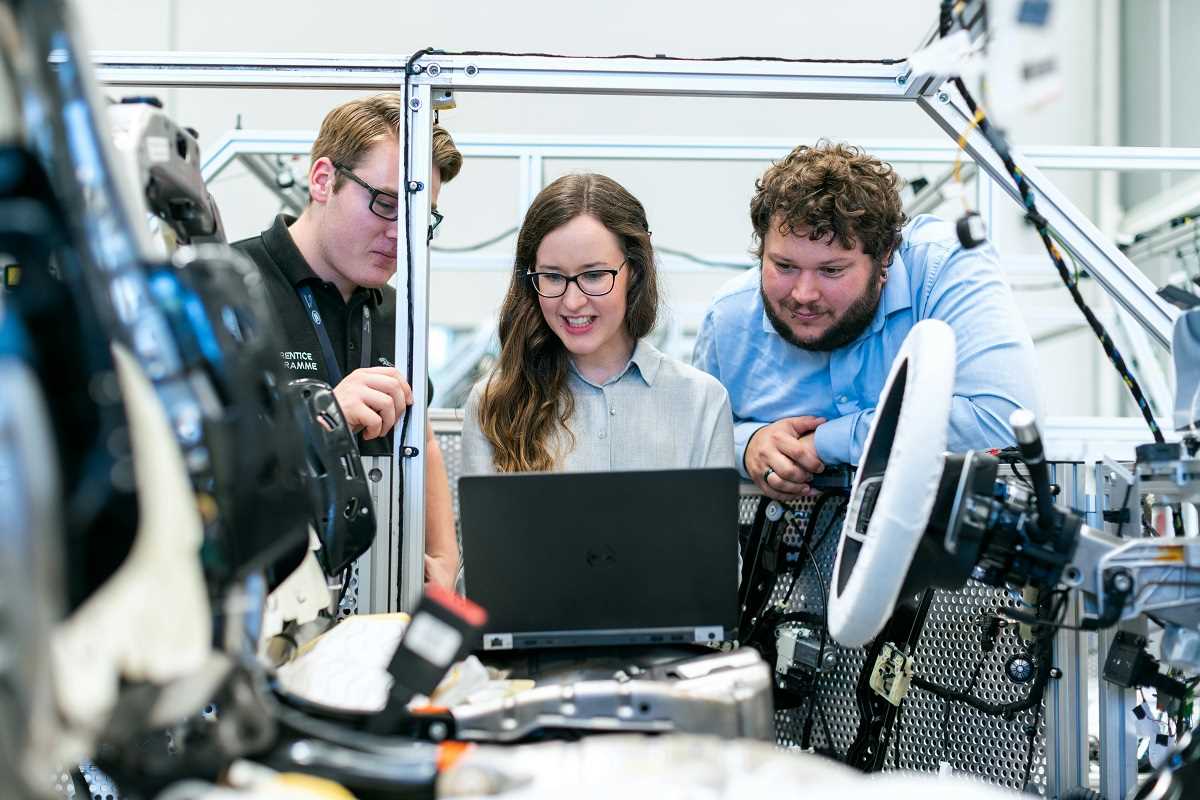Exploring knowledge across different fields can make a person more prepared for unexpected shifts at work. Developing a range of abilities, rather than focusing only on one specialty, allows for greater adaptability when new challenges or opportunities arise. By learning from multiple disciplines, people can discover links between subjects that might seem unrelated at first, which often sparks original ideas and inventive solutions. This wider perspective encourages continuous growth and can open doors to professional advancement. Embracing this way of learning helps create a toolkit of skills that stands out and provides a strong advantage in any competitive setting.
Discovering Unexpected Connections
Understanding how different fields intersect reveals opportunities that might otherwise go unnoticed. Recognizing these overlaps can lead to more innovative problem-solving and a richer understanding of your work environment. For example, combining knowledge from design and data analysis might improve user experiences in ways pure data or design expertise alone cannot achieve. This cross-pollination of ideas encourages a more holistic view, helping you anticipate shifts in your industry and adapt quicker.
Learning across disciplines also boosts your ability to see patterns and relationships that others might miss. This skill is especially valuable in roles that require strategic thinking or complex decision-making. When you connect insights from various areas, you generate new ideas that can revolutionize processes or products, making your contributions more impactful. Embracing a range of knowledge broadens your mental toolkit, empowering you to tackle challenges from multiple angles and find innovative solutions.
Crafting Your Personal Learning Map
- Identify core interests and gaps: Clarify your current skills and areas where additional knowledge could enhance your flexibility. Write down questions or problems you face regularly that could benefit from insights outside your main expertise. This helps focus your learning efforts on practical, relevant topics that can immediately impact your work.
- Explore related fields: Use online courses, industry webinars, or local workshops to dive into disciplines that complement your main skills. For instance, if you work in marketing, consider studying behavioral psychology or data science. Seek out resources that blend theory with hands-on practice, ensuring you gain applicable knowledge.
- Set clear learning goals: Break down your broader aim into achievable milestones. For example, aim to complete a specific course, read a set of books, or participate in relevant projects within a three-month window. Regularly review progress and adjust your plan to stay motivated and on track.
- Build a diverse network: Connect with professionals in different fields through social media, industry groups, or conferences. These relationships can provide mentorship, expose you to new ideas, and offer practical advice on integrating knowledge across disciplines.
- Apply your new knowledge immediately: Seek opportunities to experiment with cross-disciplinary concepts at work. Volunteer for projects, initiate collaborations, or create small prototypes that showcase your evolving skill set. Practical application cements your learning and demonstrates your growing versatility.
Practical Ways to Integrate Skills Seamlessly
- Project-based learning: Choose real-world projects that require knowledge from multiple areas. For example, develop a marketing campaign that incorporates graphic design and data analytics. This hands-on approach helps you learn how skills complement each other and where to deepen your understanding.
- Structured learning routines: Dedicate specific times each week to explore new disciplines. Use online platforms, podcasts, or articles, focusing on topics that challenge your current perspectives. Consistency builds a habit of continuous learning that becomes part of your work rhythm.
- Collaborative endeavors: Partner with colleagues from different departments to solve complex problems. For instance, work with IT specialists and product developers to design user-friendly tools. These collaborations expand your perspective and foster practical skill integration.
- Cross-training sessions: Organize or participate in workshops where team members teach each other their specialties. This exchange accelerates understanding and builds empathy, helping you see how various disciplines influence one another.
- Reflection and documentation: Keep a journal or digital log of learnings and experiments. Review your progress periodically to identify effective combinations of skills and areas needing improvement. Reflection reinforces your learning journey and guides future efforts.
Conquering Barriers to Multidisciplinary Growth
One of the main obstacles to pursuing cross-disciplinary knowledge is the feeling that it requires extensive time and effort. Breaking down this challenge involves setting realistic goals and integrating learning into daily routines. Start with small steps, such as a 15-minute daily reading or brief project collaborations, to gradually build your expertise without overwhelming your schedule.
Another common hurdle is the fear of appearing unskilled or unfamiliar in new areas. Instead of seeing this as a setback, view it as an opportunity to learn and grow. Embrace curiosity and adopt a mindset that values continuous improvement. Seek feedback from peers and mentors, who can guide you through unfamiliar territory and validate your progress.
Finally, organizational culture may resist change or interdisciplinary initiatives. To overcome this, demonstrate the tangible benefits of cross-disciplinary approaches through pilot projects or case studies. Building a culture of learning and collaboration starts with small wins, inspiring others to follow suit.
The Power of Cross-Disciplinary Thinking
Developing a habit of integrating knowledge from various fields encourages a mindset of experimentation and adaptability. When your skills cross over multiple domains, you become better equipped to navigate unpredictable shifts in your industry. This flexibility often leads to leadership opportunities and recognition for innovative problem-solving.
As you build competence in diverse disciplines, your confidence and impact grow. Continue exploring and practicing to develop a unique skill set that sets you apart in your career.
 (Image via
(Image via





